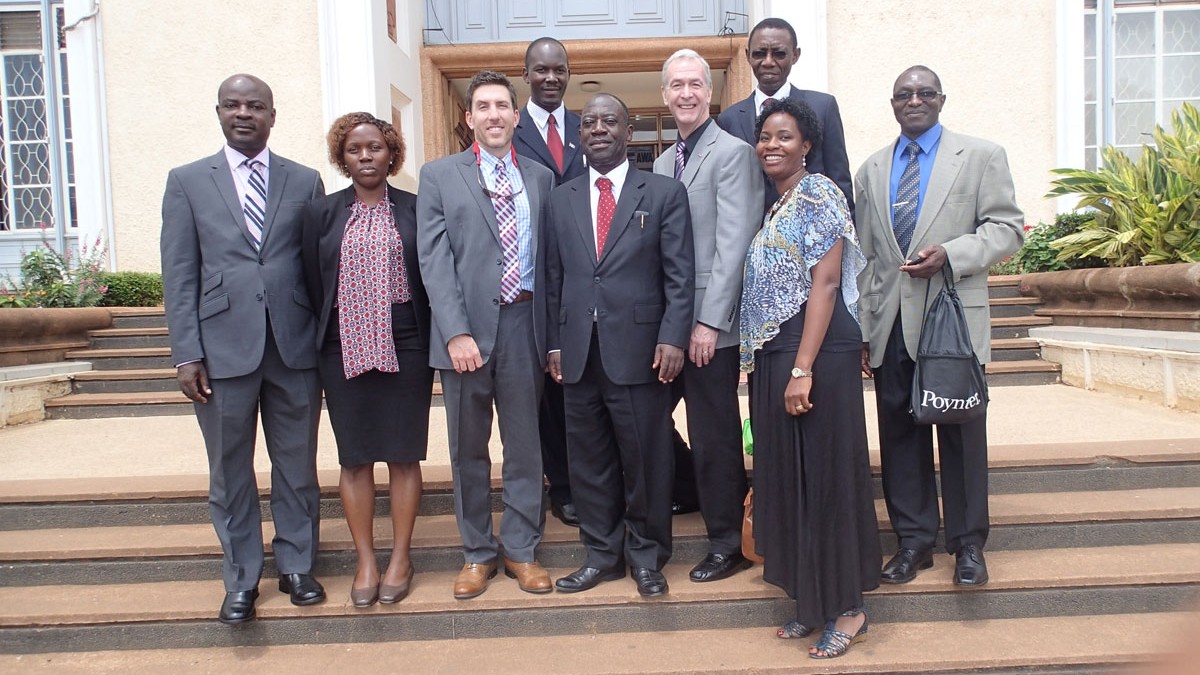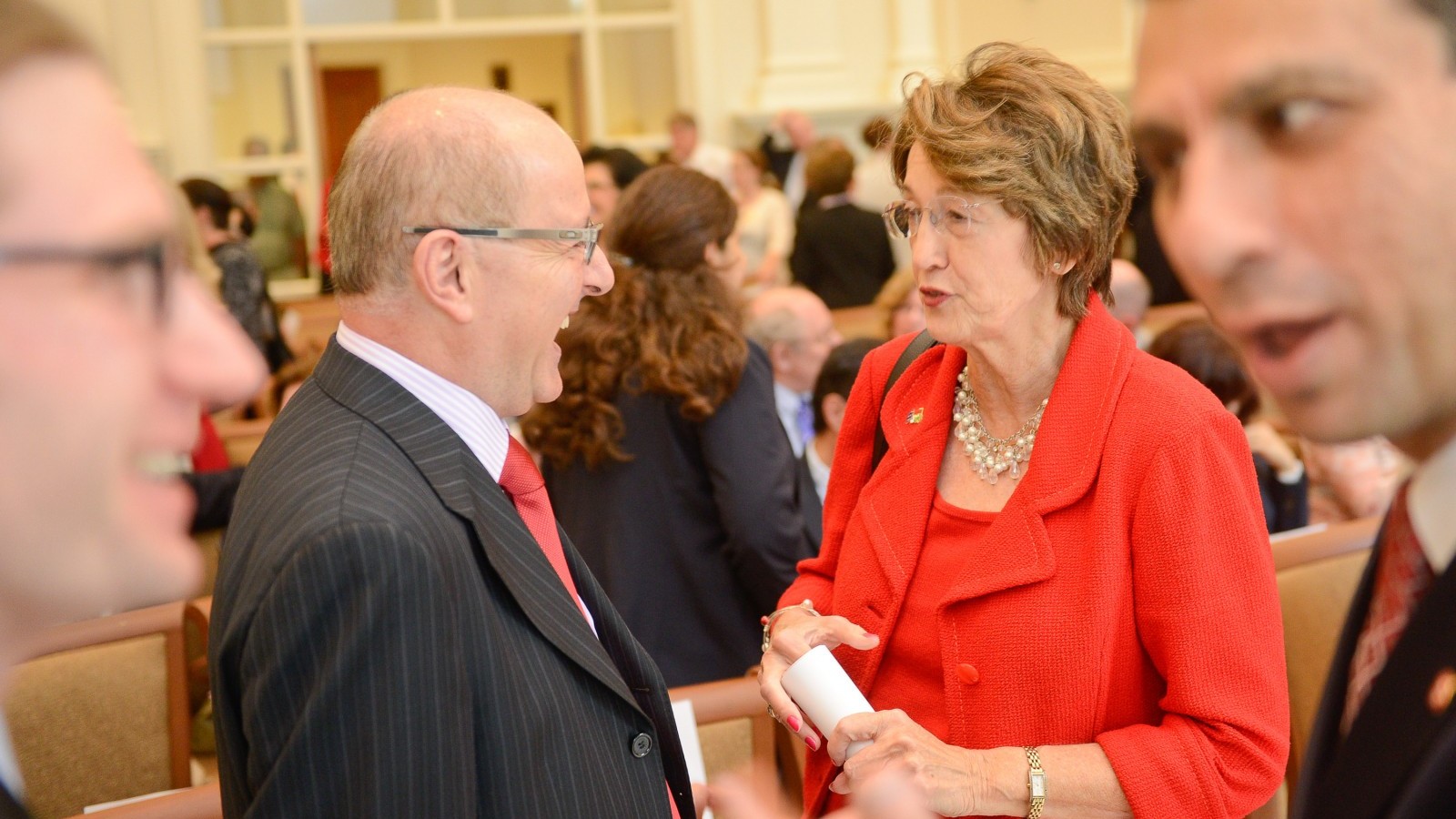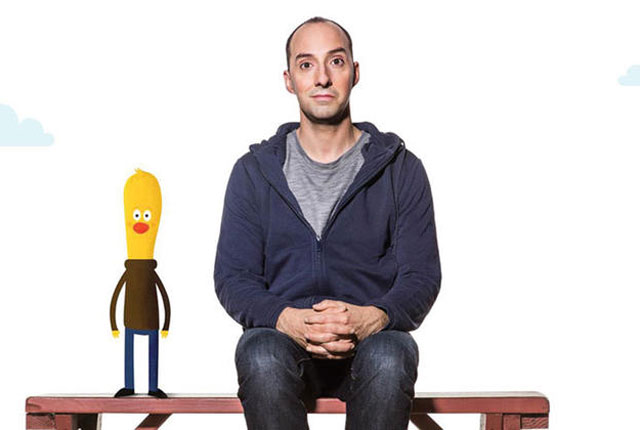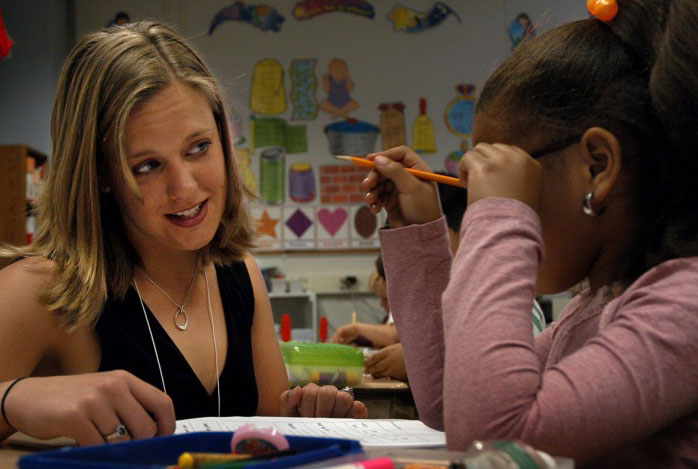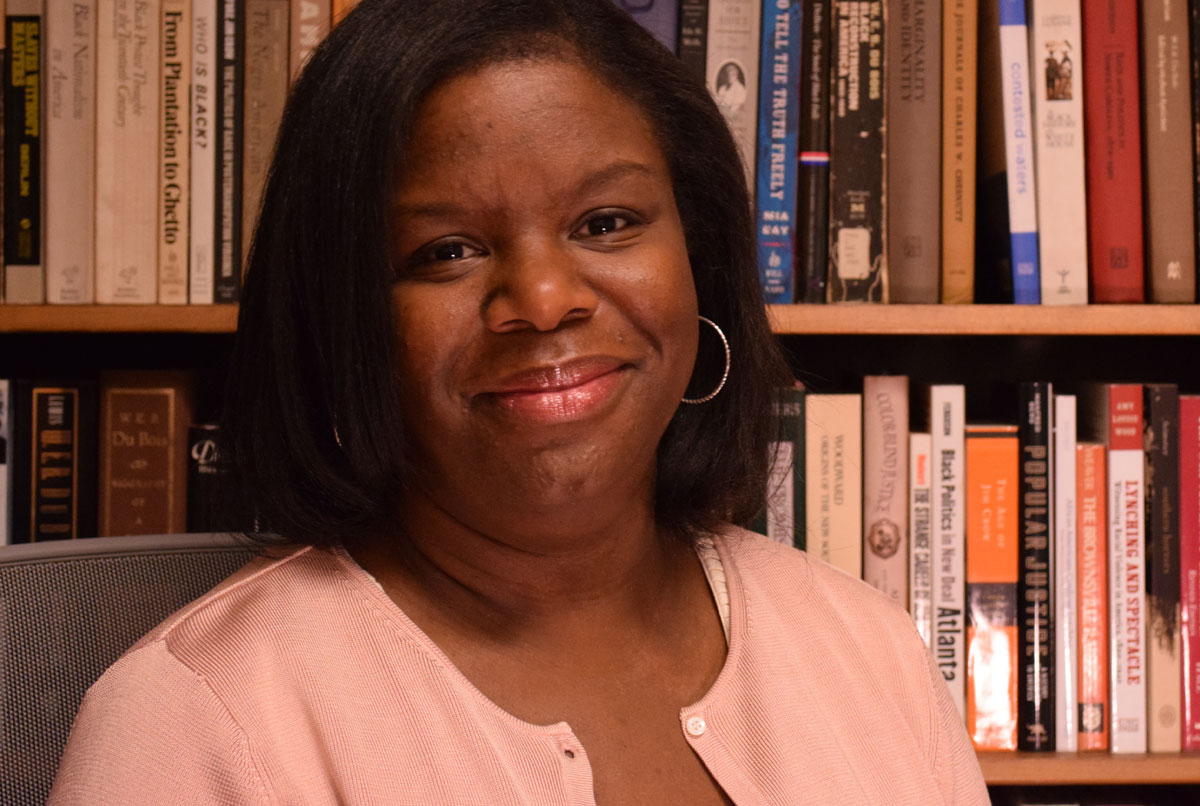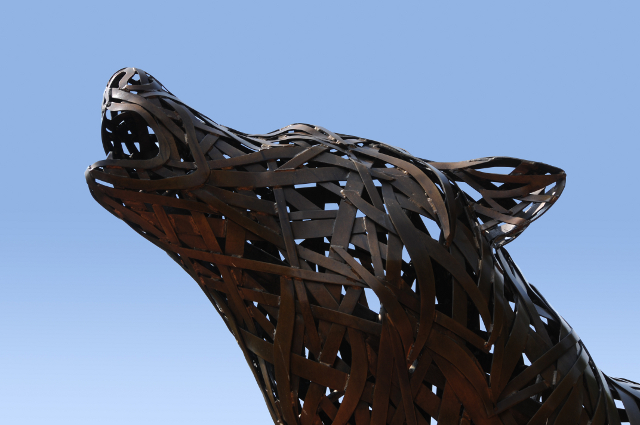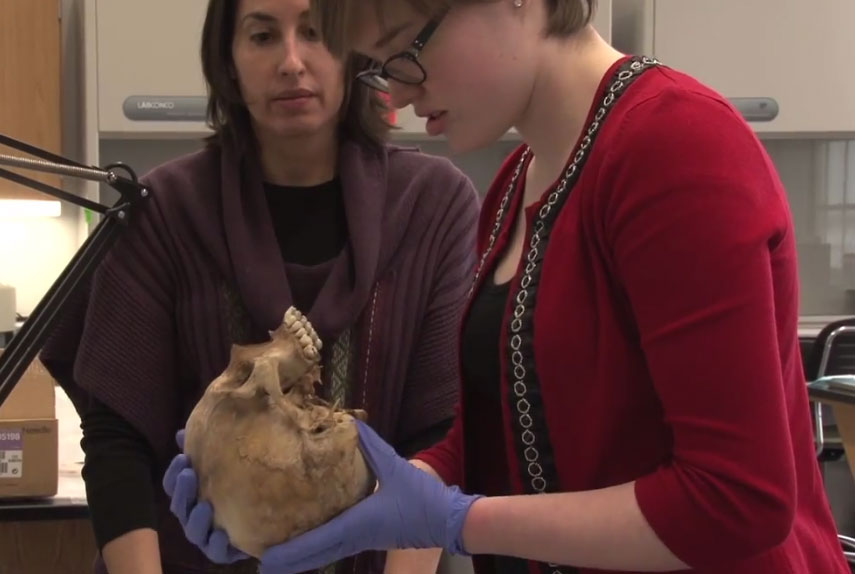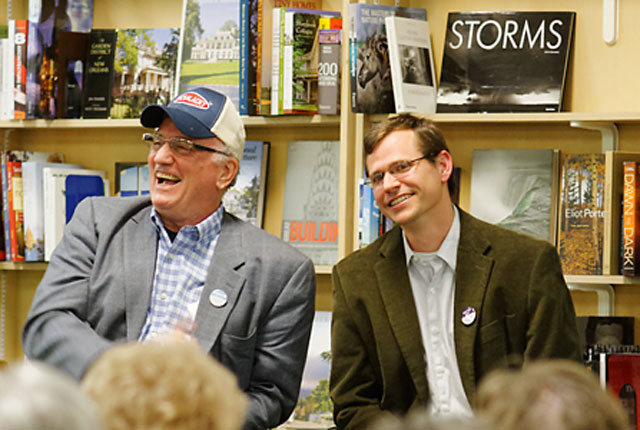Nov 24, 2014
Seeking Global Strategic Partners: Travels to Uganda
NC State seeks out strategic partners around the globe. That quest took Dean Jeff Braden to Uganda recently, where he led a university delegation to explore the potential for partnerships between Makarere University, the Kingdom of Buganda, The Aids Support Organization (TASO), and the Maamma Watali Project. His goal was to assess the resources, capabilities and needs there in order to advise NC State's Office of International Affairs on whether or how to proceed in developing these international partnerships.
